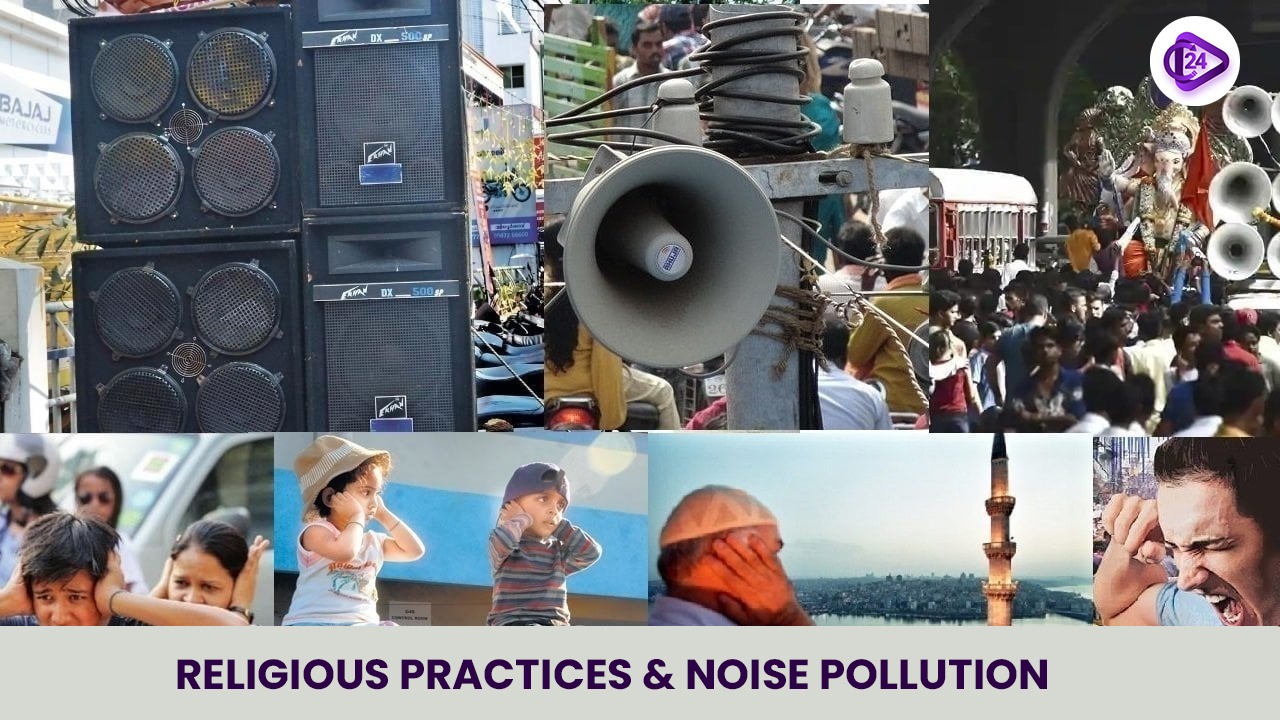
The Bombay High Court has declared that loudspeakers are not essential to religious practices, bolstering the enforcement of noise pollution rules in places of worship. The court emphasized that public health and harmony outweigh the use of loudspeakers under the guise of religious freedom. It directed the Maharashtra government to strengthen noise control measures and ensure adherence to the Noise Pollution Rules, 2000. This ruling aligns with protecting citizens' rights while maintaining the sanctity of religious liberty.
About
Through the Mumbai and Maharashtra Police Act, the police maintain full power to enforce both the Environment (Protection) Act and Noise Pollution Rules within religious worship spaces.
The Bombay High Court issued a directive to the Maharashtra government to establish control methods that limit public address systems and sound-emitting equipment usage at religious facilities regardless of religious affiliation.
Key Observations
-
A 2016 High Court decision from two years prior established guidelines for the stronger enforcement of Noise Pollution (Regulations and Control) Rules, 2000.
-
The court declared that loudspeakers serve no essential religious purpose so religious institutions lack protection under Article 25 of the Constitution, and freedom of religion provisions when they break noise pollution rules.
-
The court acknowledged the healthcare risks faced by busy Mumbai while adopting restrictions on using loudspeakers in religious venues because these rules afford protection of everyone's rights.
Action on Complaints and Enforcement
-
Voluntary complaints received by police will be addressed while safeguarding the complainant's safety from retribution the court emphasized.
-
Police must handle noise complaints and they have the power to rescind loudspeaker permissions from institutions that fail to comply with noise regulations.
-
The advisory panel proposed using smartphone apps with built-in decibel meters as a way to measure noise levels effectively.
Case Background
-
The Jaago Nehru Nagar Residents Welfare Association submitted a legal petition to fight the loudspeaker noise emanating from mosques and madrasas situated in Chunabhatti and Nehru Nagar Kurla East.
-
The petitioners claimed the loudspeakers operated during prohibited hours, starting as early as 5:00 am. The mosques and madrasas violate permitted noise regulations because loudspeakers operate from 5:00 AM until 1:30 AM during festivities in both locations.
Political Impact
-
A ruling exists that harmonizes religious freedom protections with noise pollution prevention and establishes public health enforcement by state institutions. The judicial decision might start a debate about creating religious regulations that protect citizens' rights.
-
Local governments could start establishing stricter noise regulations which will redefine urban policies about religious practices in public spaces.
Geographical Impact
-
Cities such as Mumbai stand to benefit from life quality improvements through reduced residential area noise pollution that affects mosques and madrasas.
-
Rural areas will likely experience minimal modifications while the decision establishes national uniformity in noise regulations thus creating a separation in enforcement between urban and rural zones.
Conclusion
Through its recent ruling, the Bombay High Court established framework for improved noise control at religious establishments by promoting public health alongside religious liberty standards. Public welfare stands as the main priority for this ruling which has the potential to drive nationwide changes in noise pollution management in India despite expected opposition.



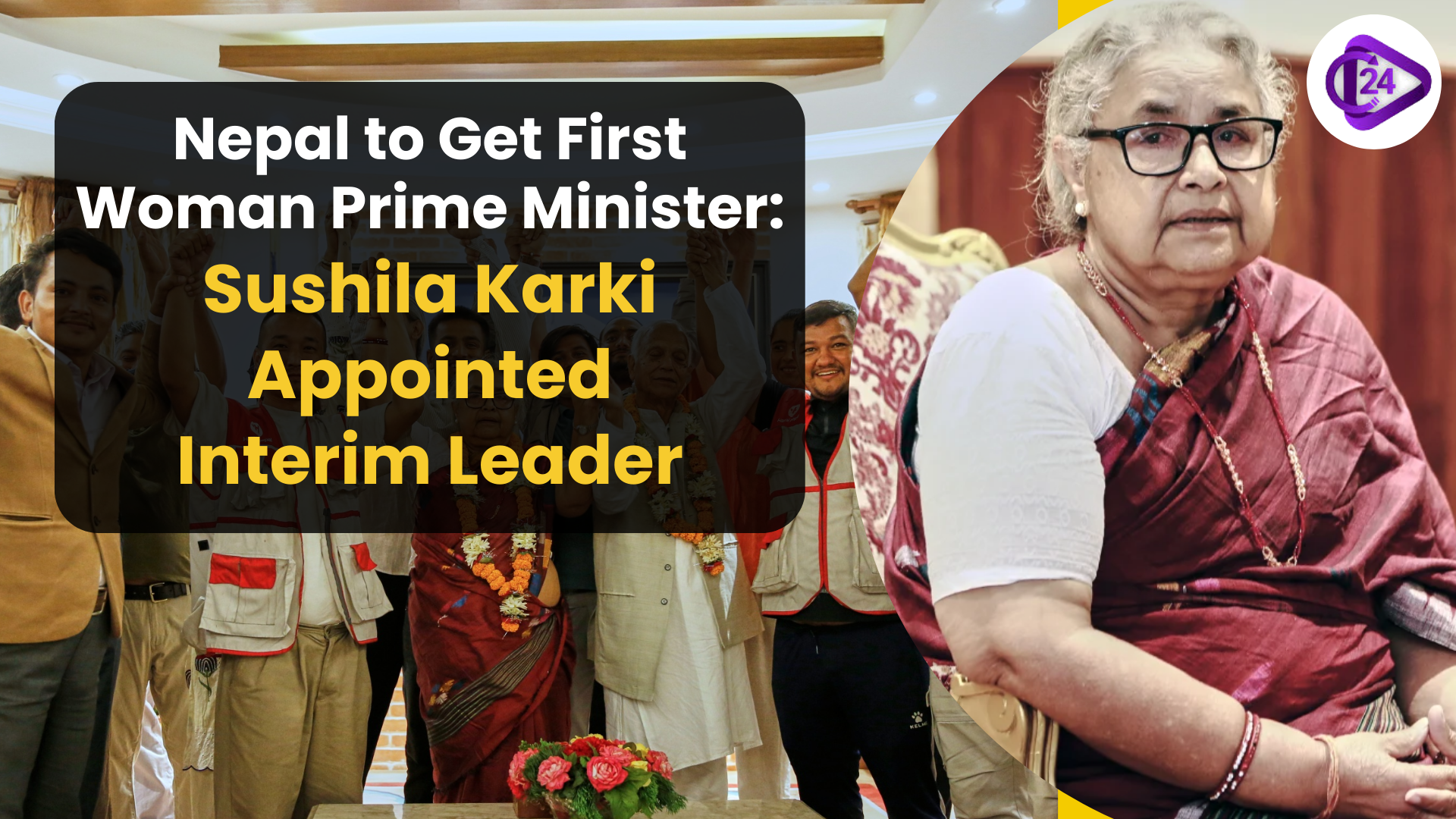 Nepal to Get First Woman Prime Minister: Sushila Karki Appointed Interim Leader
Nepal to Get First Woman Prime Minister: Sushila Karki Appointed Interim Leader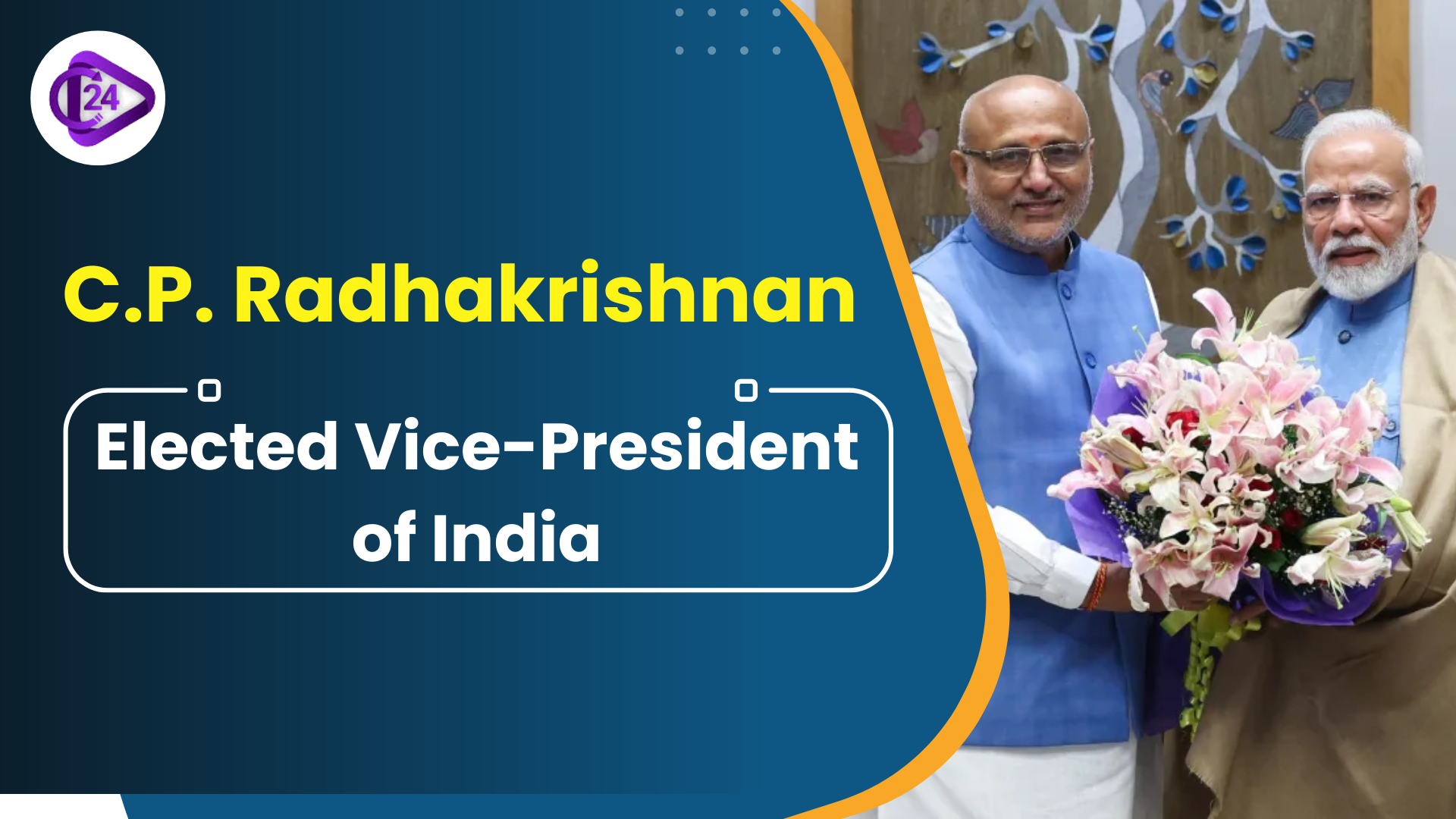 C.P. Radhakrishnan Elected Vice-President of India
C.P. Radhakrishnan Elected Vice-President of India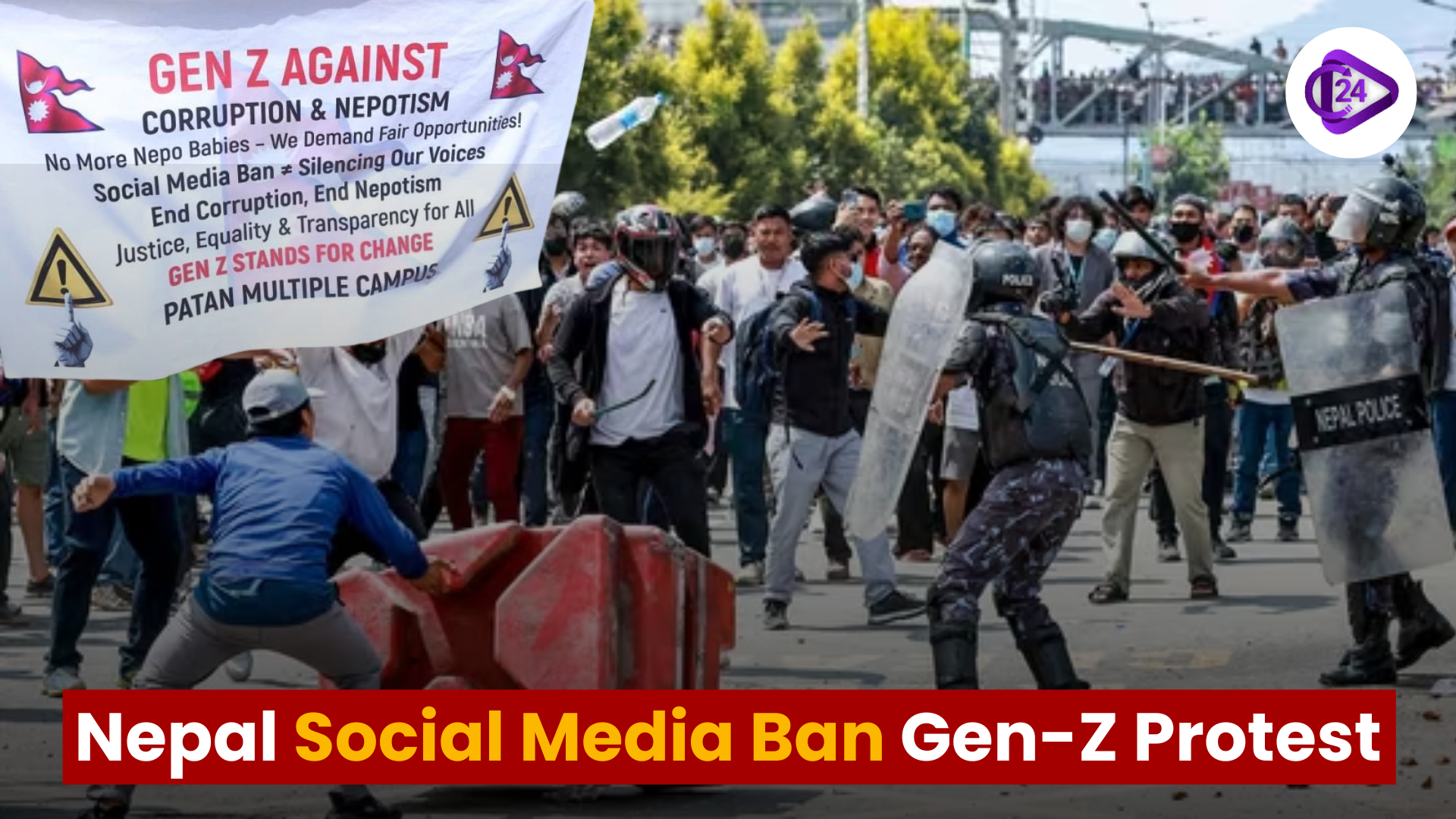 Nepal Social Media Ban Triggers Mass Gen-Z Protests
Nepal Social Media Ban Triggers Mass Gen-Z Protests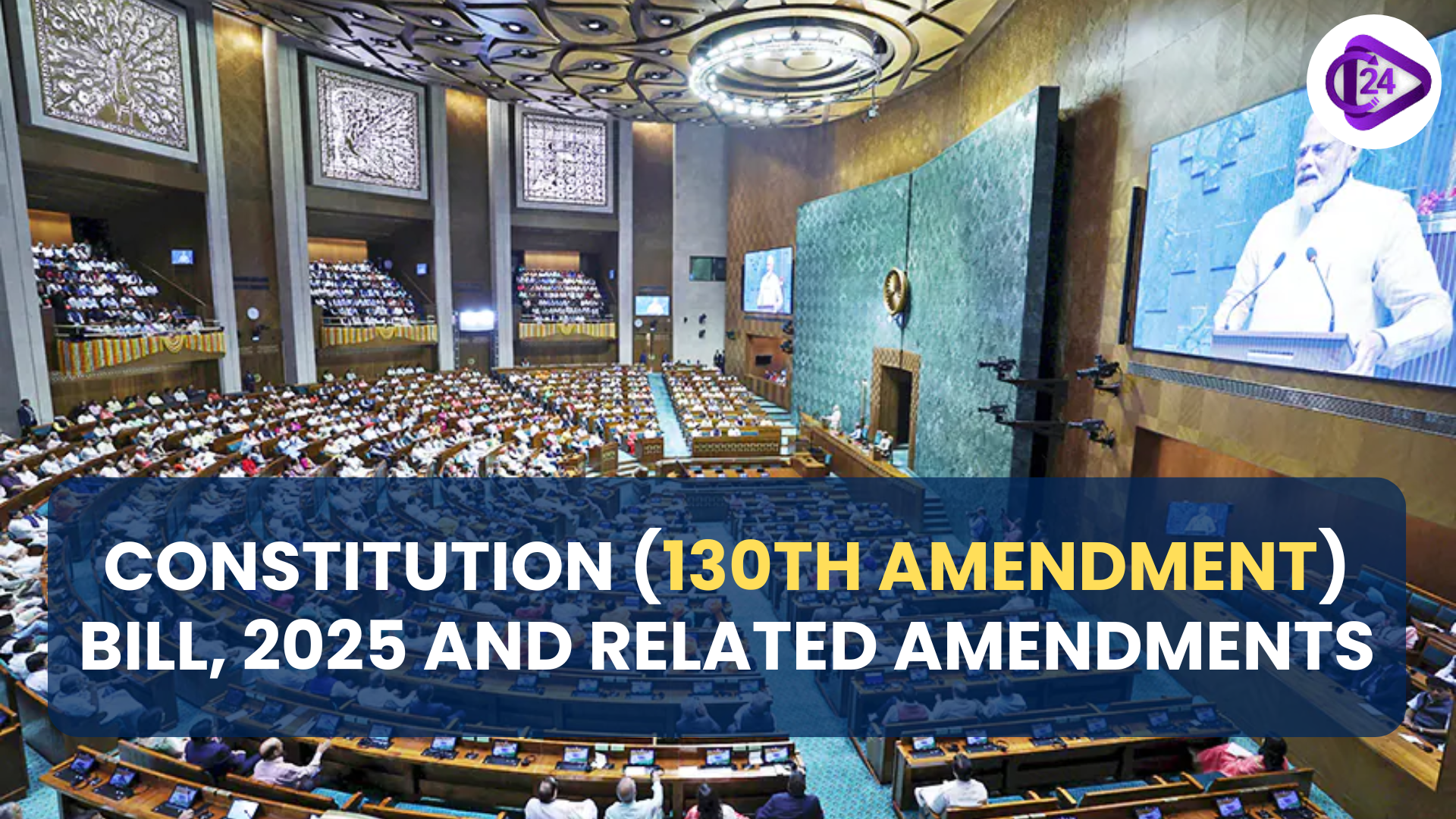 Constitution (130th Amendment) Bill, 2025 and Related Legislations
Constitution (130th Amendment) Bill, 2025 and Related Legislations The Role of Preventive Health Screenings in Achieving a Healthier India
The Role of Preventive Health Screenings in Achieving a Healthier India PM SVANidhi Yojana: Empowering Street Vendors with Financial Inclusion
PM SVANidhi Yojana: Empowering Street Vendors with Financial Inclusion Chhattisgarh Govt. Cuts Thousands of Forest Rights Titles
Chhattisgarh Govt. Cuts Thousands of Forest Rights Titles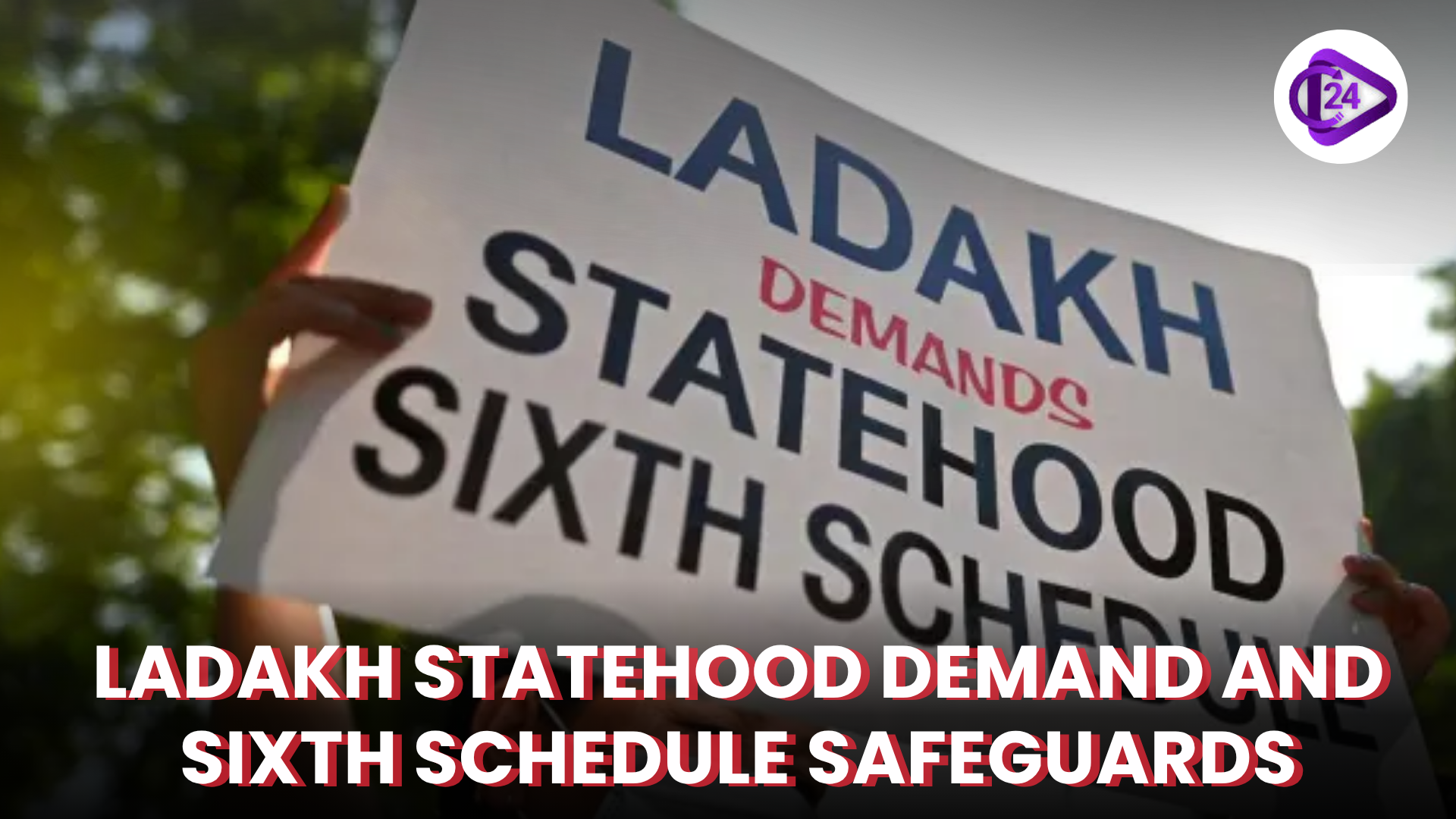 Ladakh Statehood & Sixth Schedule Demand Intensifies
Ladakh Statehood & Sixth Schedule Demand Intensifies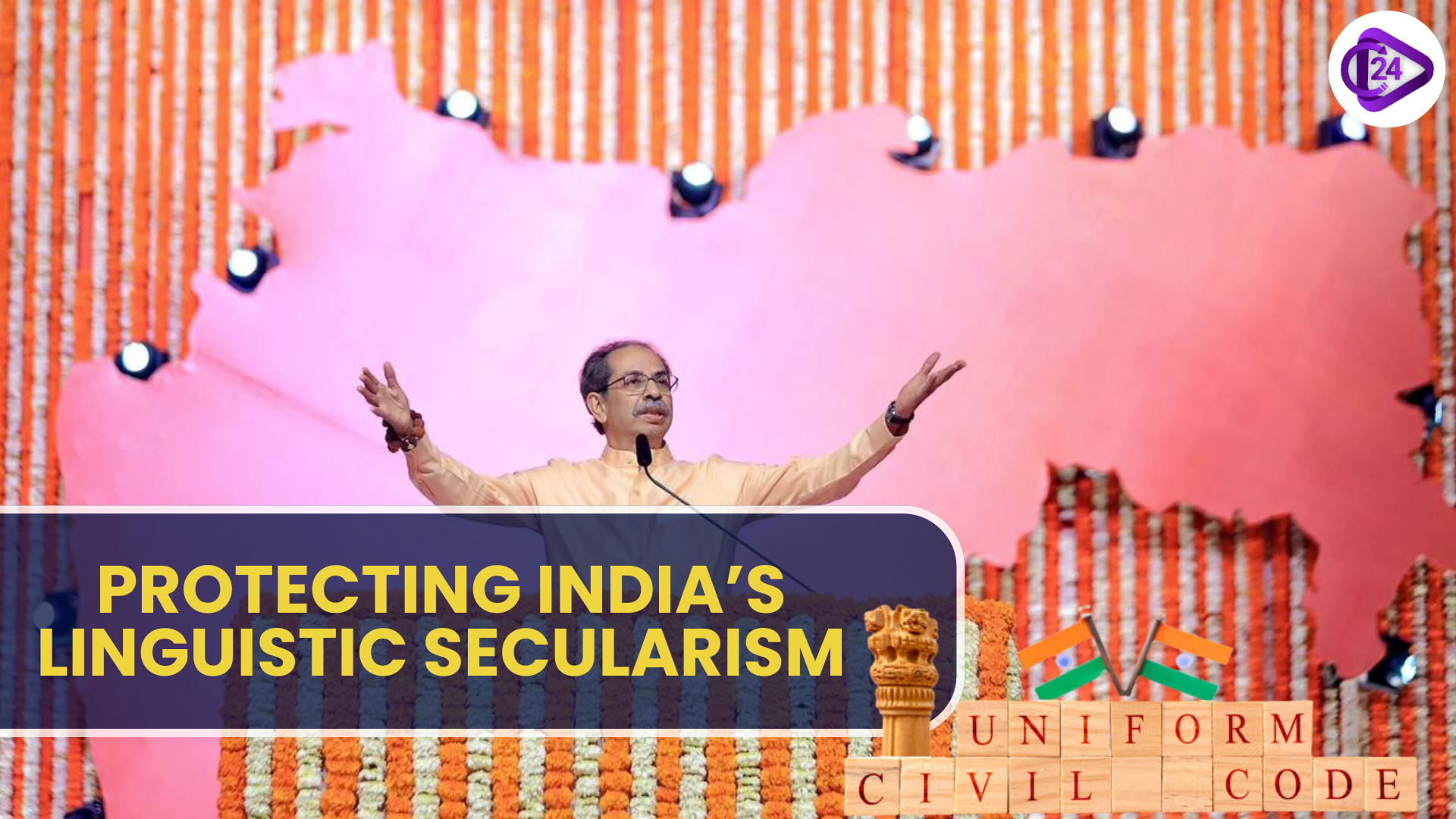 The Need to Protect India’s Linguistic Secularism: Safeguarding Unity in Diversity
The Need to Protect India’s Linguistic Secularism: Safeguarding Unity in Diversity






